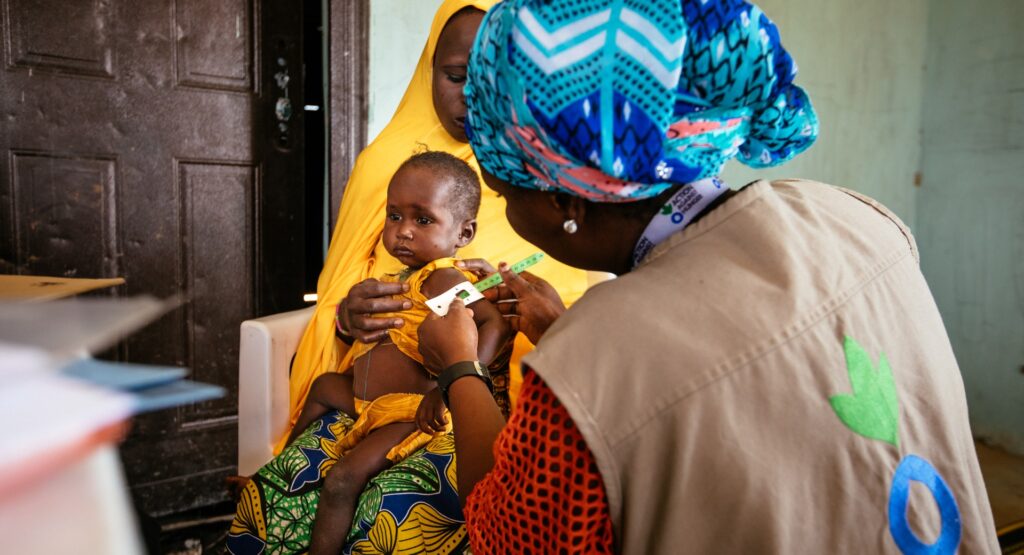International aid organizations have sounded the alarm over what they describe as an unprecedented hunger crisis unfolding in northern Nigeria, where millions are fleeing violence and terrorist attacks. The World Food Program (WFP) estimates that at least 600,000 children are at risk of dying from severe malnutrition if urgent intervention is not made.
Despite surging demand for humanitarian support, emergency aid to Nigeria has sharply declined in recent years. Last summer alone, the WFP was forced to close more than 150 clinics that provided treatment to malnourished children and infants.
“There are millions of people who need our help,” said Ancel Kats, WFP’s representative in Nigeria. “But the funding isn’t forthcoming.”
Until early this year, the United States was Nigeria’s largest aid donor, providing more than half of all foreign assistance. However, the decision by President Donald Trump to dismantle USAID shortly after taking office led to a sudden and severe reduction in international aid. Several Western countries have since followed with cuts to their own development budgets, further worsening the situation.
The WFP now faces a funding shortfall of over $115 million in Nigeria alone, prompting drastic reductions in food distribution across refugee camps and rural communities. In Bama, a town in Borno State, the number of recipients of food assistance has already been cut back to include only the most vulnerable.
“They all depend on WFP to distribute this food for them to eat,” said Soumbami Tukunabo, an aid worker with the Italian organization InterSOS. “It would be very bad to tell them that due to global funding cuts there is going to be a reduction in caseload.”
The crisis extends beyond food aid. Following the end of USAID operations, Nigeria has lost an additional $600 million in health funding, representing about 20% of its total health budget.
Humanitarian experts warn that if funding is not urgently restored, the country could face one of the worst famine emergencies in recent history, with millions of lives at risk in the conflict-stricken north.


